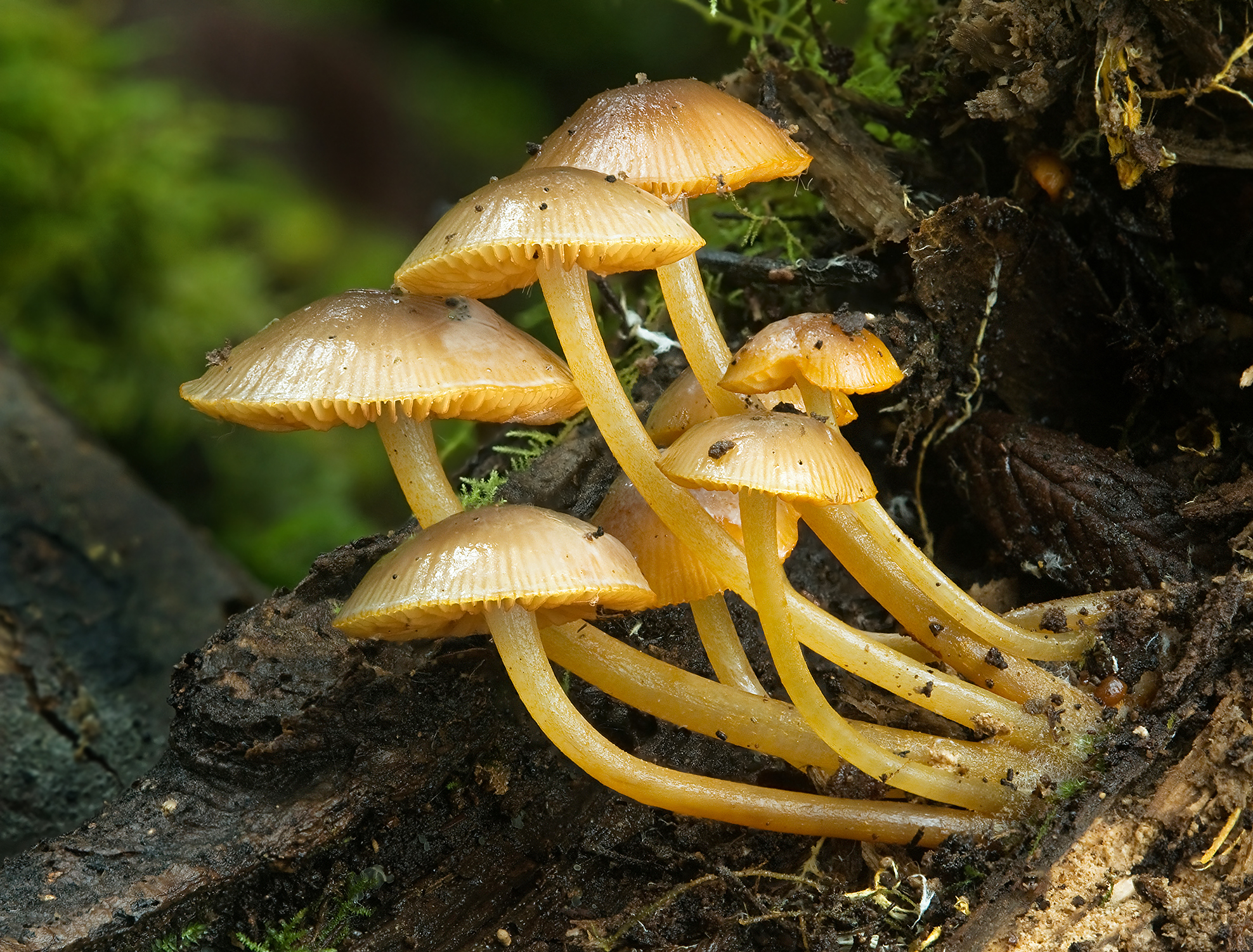|
Taxa Named By Christiaan Hendrik Persoon
taxa named by Christiaan Hendrik Persoon (1761−1836), a German botanist and mycologist Mycology is the branch of biology concerned with the study of fungi, including their genetic and biochemical properties, their taxonomy and their use to humans, including as a source for tinder, traditional medicine, food, and entheogens, as .... {{CatAutoTOC Persoon, Christiaan Hendrik ... [...More Info...] [...Related Items...] OR: [Wikipedia] [Google] [Baidu] |
Taxon
In biology, a taxon (back-formation from ''taxonomy''; plural taxa) is a group of one or more populations of an organism or organisms seen by taxonomists to form a unit. Although neither is required, a taxon is usually known by a particular name and given a particular ranking, especially if and when it is accepted or becomes established. It is very common, however, for taxonomists to remain at odds over what belongs to a taxon and the criteria used for inclusion. If a taxon is given a formal scientific name, its use is then governed by one of the nomenclature codes specifying which scientific name is correct for a particular grouping. Initial attempts at classifying and ordering organisms (plants and animals) were set forth in Carl Linnaeus's Linnaean taxonomy, system in ''Systema Naturae'', 10th edition (1758), as well as an unpublished work by Bernard de Jussieu, Bernard and Antoine Laurent de Jussieu. The idea of a unit-based system of biological classification was first mad ... [...More Info...] [...Related Items...] OR: [Wikipedia] [Google] [Baidu] |
Christiaan Hendrik Persoon
Christiaan Hendrik Persoon (1 February 1761 – 16 November 1836) was a German mycologist who made additions to Linnaeus' mushroom taxonomy. Early life Persoon was born in South Africa at the Cape of Good Hope, the third child of an immigrant Pomeranian father and Dutch mother. His mother died soon after he was born; at the age of thirteen his father (who died a year later) sent him to Europe for his education. Education Initially studying theology at Halle, at age 22 (in 1784) Persoon switched to medicine at Leiden and Göttingen. He received a doctorate from the "Kaiserlich-Leopoldinisch-Carolinische Deutsche Akademie der Naturforscher" in 1799. Later years He moved to Paris in 1802, where he spent the rest of his life, renting an upper floor of a house in a poor part of town. He was apparently unemployed, unmarried, poverty-stricken and a recluse, although he corresponded with botanists throughout Europe. Because of his financial difficulties, Persoon agreed to dona ... [...More Info...] [...Related Items...] OR: [Wikipedia] [Google] [Baidu] |
Botanist
Botany, also called , plant biology or phytology, is the science of plant life and a branch of biology. A botanist, plant scientist or phytologist is a scientist who specialises in this field. The term "botany" comes from the Ancient Greek word (''botanē'') meaning "pasture", " herbs" "grass", or " fodder"; is in turn derived from (), "to feed" or "to graze". Traditionally, botany has also included the study of fungi and algae by mycologists and phycologists respectively, with the study of these three groups of organisms remaining within the sphere of interest of the International Botanical Congress. Nowadays, botanists (in the strict sense) study approximately 410,000 species of land plants of which some 391,000 species are vascular plants (including approximately 369,000 species of flowering plants), and approximately 20,000 are bryophytes. Botany originated in prehistory as herbalism with the efforts of early humans to identify – and later cultivate – edible, med ... [...More Info...] [...Related Items...] OR: [Wikipedia] [Google] [Baidu] |
Mycologist
Mycology is the branch of biology concerned with the study of fungus, fungi, including their genetics, genetic and biochemistry, biochemical properties, their Taxonomy (biology), taxonomy and ethnomycology, their use to humans, including as a source for tinder, traditional medicine, Edible mushroom, food, and entheogens, as well as their dangers, such as poison, toxicity or fungal infection, infection. A biologist specializing in mycology is called a mycologist. Mycology branches into the field of phytopathology, the study of plant diseases, and the two disciplines remain closely related because the vast majority of plant pathogens are fungi. Overview Historically, mycology was a branch of botany because, although fungi are evolutionarily more closely related to animals than to plants, this was not recognized until a few decades ago. Pioneer mycologists included Elias Magnus Fries, Christian Hendrik Persoon, Anton de Bary, Elizabeth Eaton Morse, and Lewis David von Schweinitz ... [...More Info...] [...Related Items...] OR: [Wikipedia] [Google] [Baidu] |


